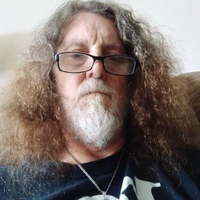St Patrick’s Day
On this day I would observe a minute’s silence.
I would celebrate and mourn in that moment
the many who have died in and for the bloodied,
green island, for her survival, battered and broken
at times, and in some places more than in others.
I would remember the bold Fenian men
who died under the risen moon,
the dead and dispersed from the Great Hunger,
the patriarchs of the freedom, executed in Dublin
just as the sun had risen, but just before
Ireland could rise as a nation, once again.
I would remember the brave and angry Ulstermen,
all of those of the Six Counties, excluded
from the Republic, abandoned,
feeling forgotten in the setting aside
—for a time only, I hope—of the dream of a united Ireland.
I would remember those who suffered and died
by the bullets, guns, and tanks, in the Troubles of the North.
I would remember the tortuous British, the dangerous IRA,
the confused and troublesome—let me not be divisive—
men in their Orange sashes and black bowler hats.
But, beyond all that sorrow and bravery, I would celebrate
our country and culture with unabated joy.
Beyond all the suffering, beyond all
those moments engaged in the fetishisation of it,
I would celebrate the songs, and sing them again,
celebrate the stories, and tell them too.
I would celebrate the Irish monks
who preserved the knowledge from Europe
through the dismal Dark Ages.
I would join with the Irish everywhere, those still at home,
those in new homes in America, Australia, even New Zealand,
and elsewhere, taking our culture and character wherever we go.
I would take a moment for Yeats, Synge,
Joyce, Beckett, McCourt, and all the way back
to Swift and Wilde, and even as far as Taliesin.
I would wonder at the unity of Ireland
under Brian Boru, and see in my mind his famous harp.
Finally, I would celebrate the birth of early modern Ireland
with the coming of the eponymous St Patrick.

